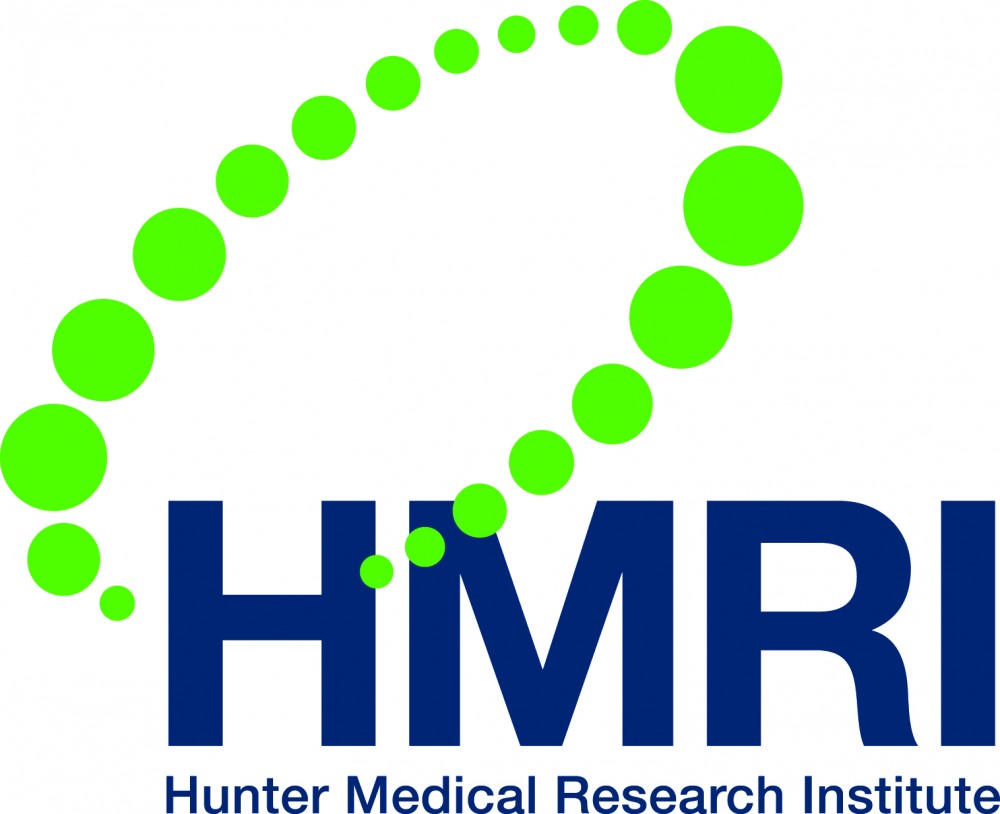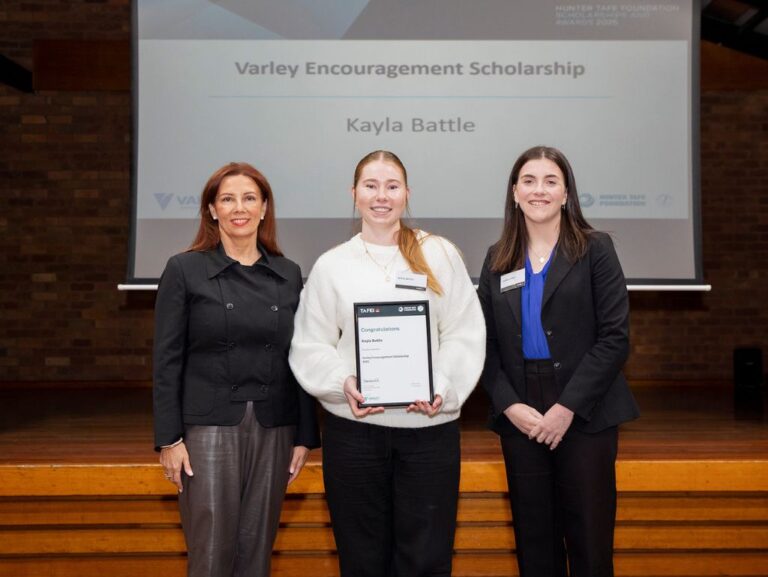Hunter Medical Research Institute (HMRI) Professor Tom Walley earlier this month welcomed the Federal Government pledge of $20 million for ovarian cancer research, saying it has great potential to benefit several world-class studies and clinical trials currently underway in the region.
Strong community support and advocacy in the Hunter, led by former ABC presenter Jill Emberson, has enabled HMRI to accelerate research in this critical area of cancer, with several projects already translating into potential new diagnostic tests and treatments.
Professor Tom Walley said the survival rate of ovarian cancer has remained stagnant, compared to other areas of cancer research, proving that more work needs to be done.
“The five-year survival rate for ovarian cancer remains at 45 per cent – a figure that has barely changed over the past five decades – whereas for breast cancer it’s now at around 90 per cent of patients,” Tom said.
“We stand with ovarian cancer patient and campaigner Jill Emberson and others in saying ‘It’s time for action’, and I congratulate Minister Hunt and the Federal Government for taking this initiative.
“Our goal at HMRI is for each patient to have early diagnosis and access to targeted therapies for optimal care. We’re bringing together patients, carers, clinicians, researchers, industry and policy makers from a range of disciplines to help find solutions.”
HMRI’s partnership with the University of Newcastle and Hunter New England Health has helped forge one of the largest regional clinical trial efforts in Australia, with 80-100 active clinical trials underway.
This includes national trials with Calvary Mater Newcastle, and Newcastle and Lake Macquarie Private Hospitals.
Associate Professor Nikola Bowden and Laureate Professor John Aitken from the University of Newcastle are working on an early detection blood test to help improve survival rates.
Currently there is no effective screening test and the cancer’s early symptoms are often vague, leading to late-stage diagnosis for many women.
Associate Professor Bowden and her team are also developing a new combination of low-dose chemotherapy and immunotherapy, repurposing existing drugs for patients with treatment-resistant cancer.
These trials are set to expand into other locations, including Cairns in Queensland.
Nikola said that at present, there is a fine line between causing harm and fostering positive outcomes. Being able to explore this in a greater capacity she said would be beneficial.
“At the moment there’s a fine line between poisoning the patient and killing the tumour, and the side effects of chemotherapy can be horrendous, so we’d like to use those drugs in much lower dosage in combination with other therapies,” she said.
Meanwhile, Associate Professor Pradeep Tanwar has identified an ovarian cancer biomarker that will potentially allow clinicians to detect ovarian cancer lesions earlier.
As published recently in the international biology journal Development, they detected elevated levels of ‘Wnt’ proteins being secreted by ovarian lesions. This signalling, in turn, regulates a stem cell in the fallopian tube that spurs cancer formation.
“The lesions are so small they can’t be seen with MRI, ultrasound or a camera until it’s too late. But we now have a good sketch of the thief, which will help us to catch it,” Pradeep explained.
He believes the discovery could have a significant bearing on survival rates.
“Those diagnosed with Stage 1 ovarian cancer have a 90% survival rate, compared with 44 per cent overall for later stages. At Stage 4, just one in ten women will survive beyond five years.”
Samples for the study were sourced from the Hunter Cancer Biobank, along with ovaries and fallopian tubes donated by BRCA 1/2 patients following surgery at the John Hunter Hospital.
Pradeep also received a $566,000 grant through the Ovarian Cancer Research Foundation to investigate the link between contraceptive pills and ovarian cancer prevention.
His team had a breakthrough in 2016 when they uncovered the fundamental basis by which contraceptive pills can decrease the risk by almost 50 per cent.
“With the pill, our aim is to shift the focus from birth control to cancer prevention.
“We expect this approach to be most beneficial for women with a high risk of developing ovarian cancer – those with a family history or genetic predisposition to the disease. This approach than can be expanded to the general population,” he concluded.
IMAGE | Associate Professor Pradeep Tanwar and his team working in ovarian cancer lab at the University of Newcastle.






